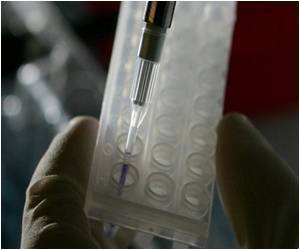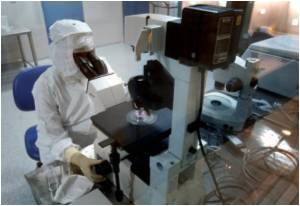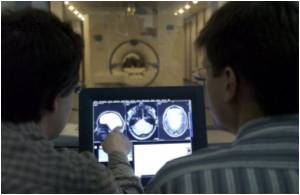Researchers have identified genetic variations that may help signal which acute myeloid leukemia (AML) patients will benefit or not benefit from one of the newest antileukemic agents.

In the latest study, U of M researchers evaluated how inherited genetic polymorphisms in CD33, a protein that naturally occurs in most leukemia cells, could affect clinical outcomes of patients treated with an existing chemotherapy drug, gemtuzumab ozogamicin (GO), an immuno-conjugate between anti-CD33 antibody and a cytotoxin known as calicheamicin, which binds to CD33 on leukemic cells. As GO is internalized by leukemia cells, the cytotoxin is released, causing DNA damage and generating leukemic cell death.
In recent clinical trials GO has been shown to induce remission and improve survival in subset of patients with AML, however there is wide inter-patient variation in response.
Jatinder Lamba, Ph.D., and colleagues identified and evaluated three genetic variations of CD33 in two groups of patients with pediatric AML – one group that received the drug GO, and one group that did not. They found that specific genetic variation in CD33 that significantly affected the clinical outcome of AML patients who received GO based chemotherapy.
"Understanding how genetics play a role in how drugs work is extremely useful, particularly for a drug like GO which has shown a very heterogeneous response in AML patients," said Jatinder Lamba, Ph.D., the study's lead author and a researcher who holds appointments in both the College of Pharmacy and the Masonic Cancer Center, University of Minnesota. "Our latest findings lead us to believe that genetic variation in CD33 influences how AML patients' leukemic cell responds to GO."
AML is a cancer of the blood and bone marrow, and is the second most common form of leukemia in children. Though the most common type of treatment for AML is chemotherapy, Lamba says the disease remains hard to treat and newer, more effective therapies are needed.
Advertisement
Source-Eurekalert














